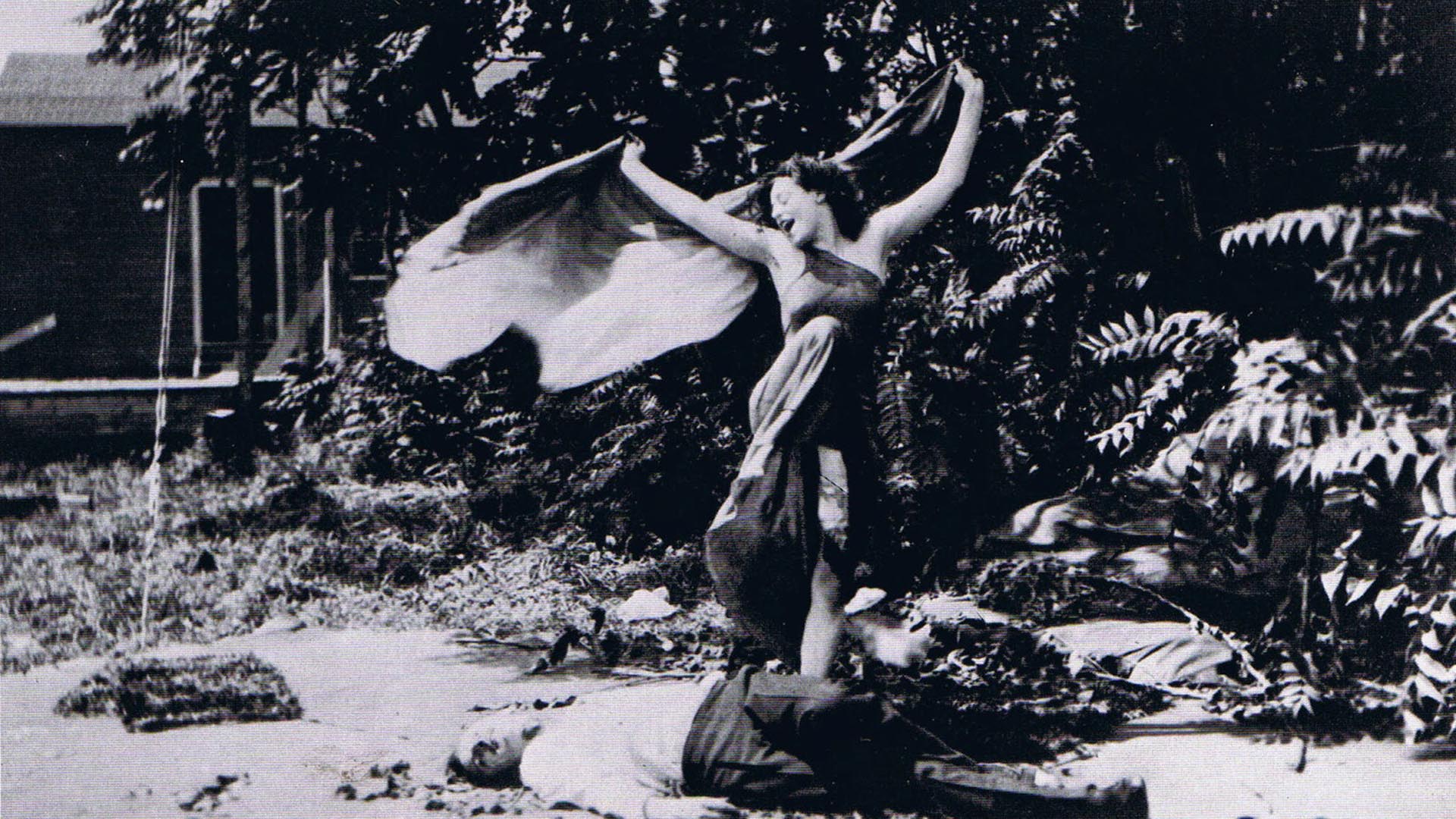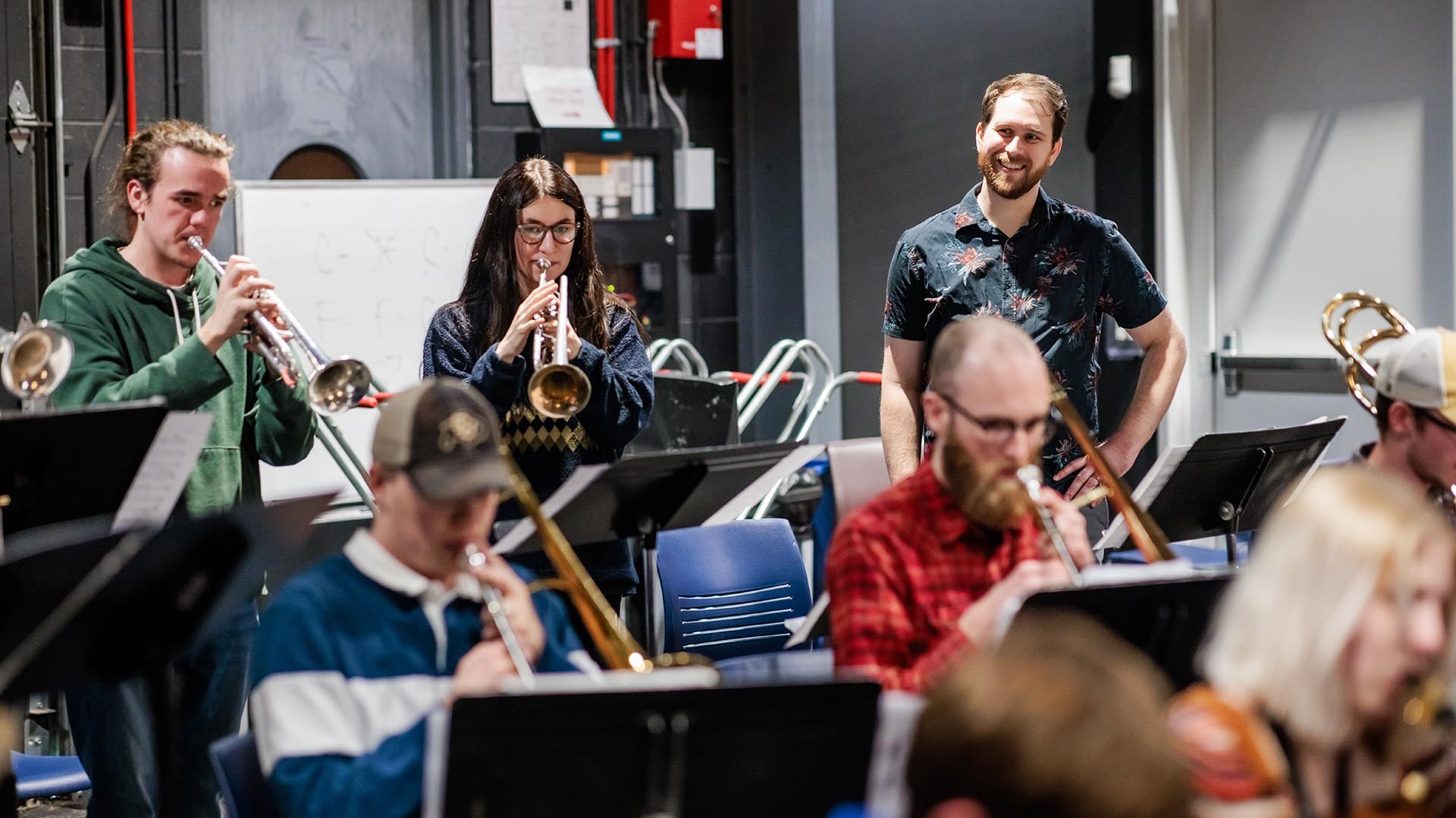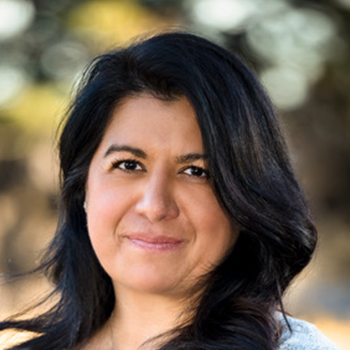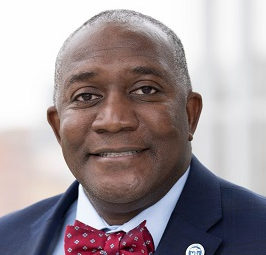How to change a life
Alumnus taps inner strength to overcome guidance counselor’s snub.
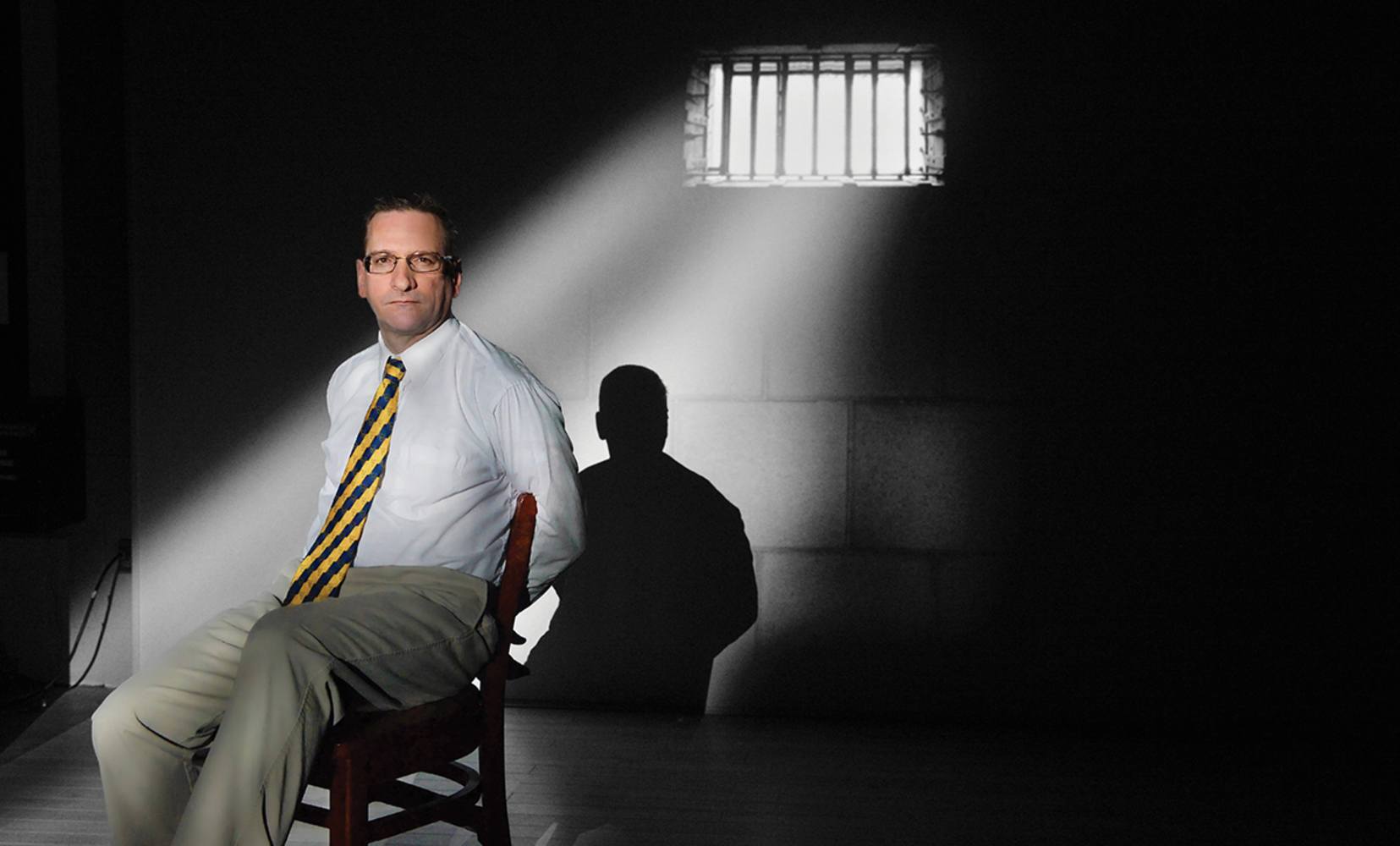
Jeff Daniels recalls the day his high school guidance counselor told him he wasn’t college material.
Thankfully, he didn’t listen to what turned out to be laughably unwise counsel.
A few months later, Daniels was a freshman at MSU Denver and on his way to a doctorate, not to mention a stellar career in psychology.
“I was in a rock band, and we came close to getting a contract with Warner Bros., but it fell through,” he says. “Our drummer was going to Metro State, and he said he liked it, so I came too.”
Daniels says besides a solid education, he also got something he desperately needed: encouragement.
“I have to credit one of my professors; he was also my mentor: Alan Dahms,” he says.
Dahms was the antithesis of Daniels’ high school guidance counselor. “I had him for several classes, and his passion for teaching and psychology and his encouragement that I was Ph.D. material made a huge difference in my life,” Daniels says. “He and the University gave me what I needed to keep going in my career.”
After graduating with a degree in psychology in 1987, Daniels went on to earn his doctorate at the University of Nebraska-Lincoln.
“The foundation I got at MSU Denver was instrumental to my success when I went to graduate school,” he says. “My classmates were from many other major universities, and I could stand my ground with any of them.”
Today, he’s a professor and chair of the Department of Counseling, Rehabilitation Counseling and Counseling Psychology at West Virginia University. And the cutting-edge research he’s done with the FBI on school shootings, hostage-taking and police ambushes is saving lives.
He says after some soul-searching, he wanted his work to make a difference in the world. “I grew up in Jefferson County, so after the Columbine [High School] shooting, I decided to research ways to prevent these kinds of events,” he says. He received a grant and began investigating how to thwart them.
“One of the key findings is that we have to break the code of silence and get students and faculty and staff to talk about any plots,” he says.
Daniels’ research with the FBI to better understand hostage-takers’ motives has provided new data to negotiators, who are using that information to resolve conflicts. And his work on police ambushes is helping save police officers’ lives.
“Knowing that at the end of the day perhaps a life has been saved makes me feel good,” he says.
He’s also proud that some of his past students stay in touch. “One reached out to me who graduated 10 years ago and is now a faculty member at a university – he wants to do some research with me.”
It’s a career MSU Denver acknowledges with great pride: This past spring, the Department of Psychology gave Daniels its distinguished alumni award.
His advice to today’s students isn’t surprising given his story: “Find what you’re passionate about, and don’t let anyone tell you that you can’t.”



